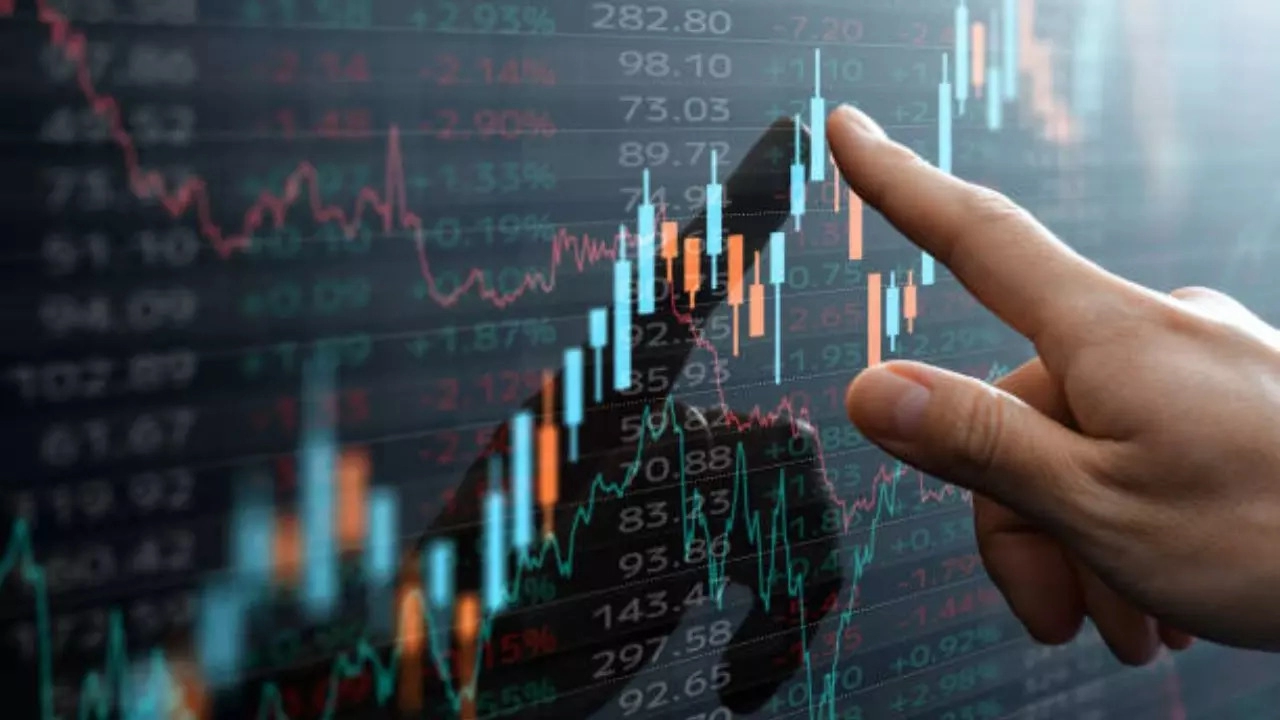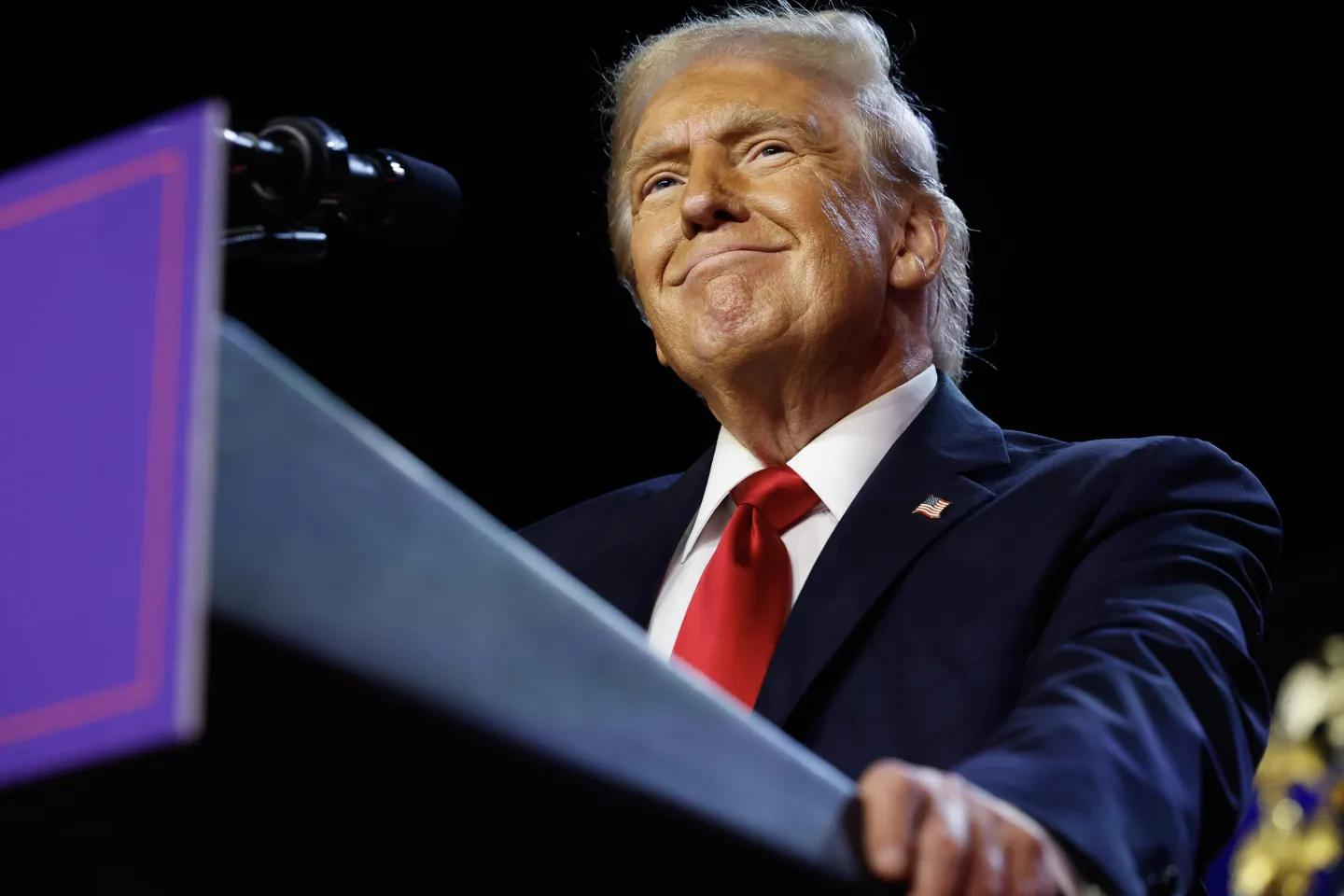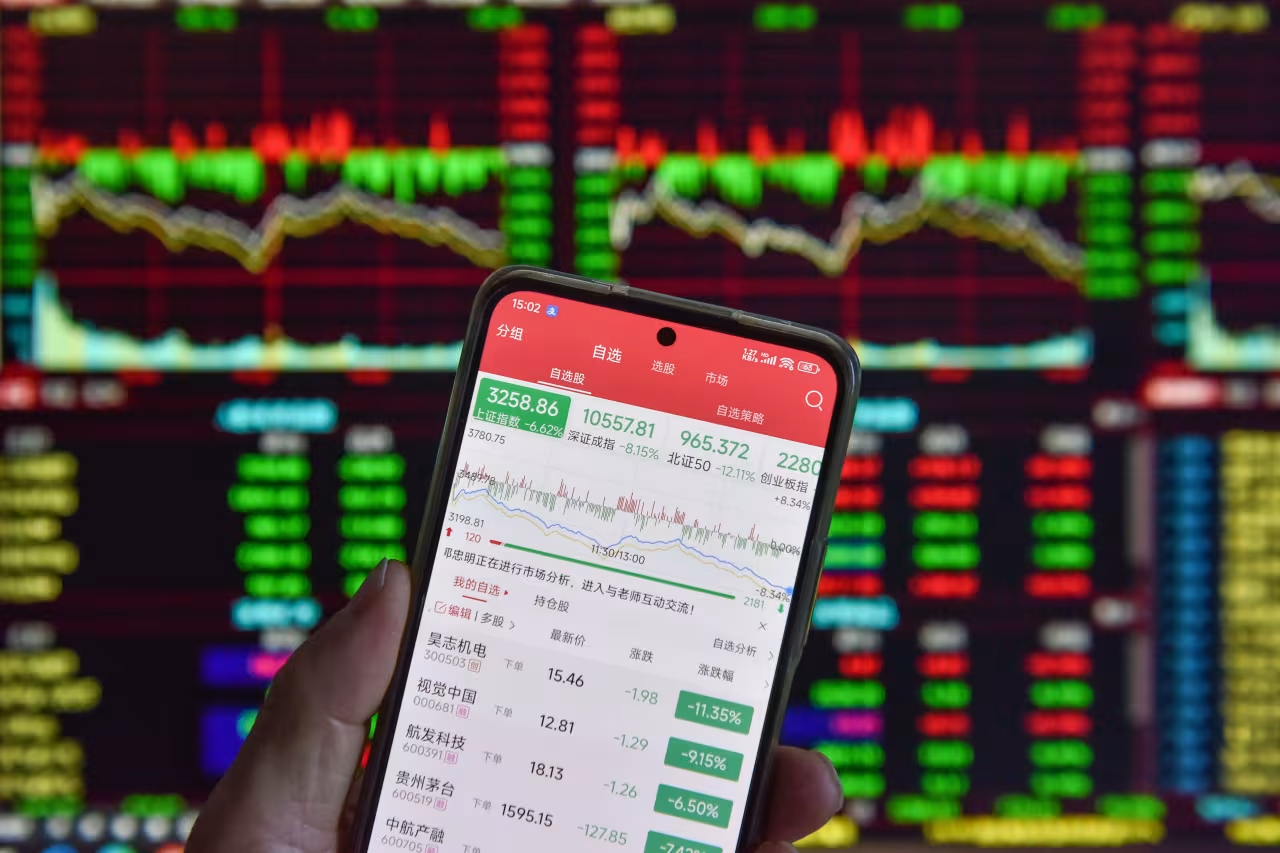After a strong rally, Chinese equities took a sharp downturn this week, as growing calls for government intervention to support the struggling economy grow louder. The benchmark CSI 300 index, which tracks shares in Shanghai and Shenzhen, fell 7.1% on Wednesday—its worst performance since the early days of the Covid-19 pandemic in 2020. Hong Kong’s Hang Seng Index, heavily composed of Chinese companies, dropped 7.1% on Tuesday, marking its worst day since October 2008. While both indexes remain higher than a month ago, investor optimism is waning.
This market tumble is more of a political issue for Beijing than an economic or financial threat. China’s equity markets are relatively small compared to the country’s vast economy, and many retail investors in these markets are short-term speculators rather than long-term savers. However, the political stakes are high for the Communist Party, especially as much of the recent stock market speculation has been tied to Beijing’s economic policy decisions.
China is now four years into a risky effort to reduce its reliance on a real-estate-driven economy. Recently, Beijing has raised expectations of potential subsidies or other measures to stabilize the property market and accelerate economic growth. In September, the government introduced credit subsidies for the housing market, including lower mortgage rates and local government support to convert unsold properties into social housing. The stock market also got a boost with liquidity support for asset managers and subsidies for companies buying back shares.
But these measures only fueled calls for more aggressive action. Many are pushing for a massive Keynesian-style fiscal stimulus, which could involve borrowing up to 10 trillion yuan to boost consumer demand. However, hopes for such a plan were dashed after a government press conference on Tuesday failed to deliver any large-scale spending announcements.
Although a stimulus package could still be on the horizon as President Xi Jinping seeks to escape China’s debt-deflation trap, it’s unclear if it would work as intended. Keynesian stimulus rarely lives up to promises of economic multipliers and sustained growth, even under the best conditions. What China truly needs is a resurgence of private entrepreneurship and investment, but that seems unlikely given Xi’s decade-long effort to tighten the Party’s control over the economy.
For now, investors should remain cautious as Beijing navigates these complex economic and political challenges.









